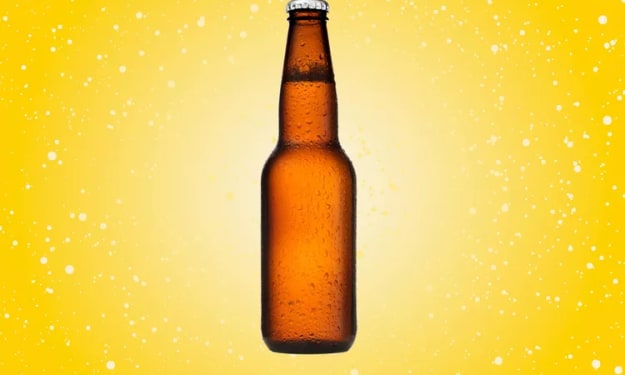The Myth of the Pregnenolone Steal
Got fatigue?

It’s 2023 and you’ve decided you’re finally going to take charge of your periods and hormones – because you know you deserve better.
You set up a tracking system for your cycles, start reading up on everything you can possibly get your hands on about periods and your cycle and one recurring theme seems to come up often: the pregnenolone steal.
It certainly sounds interesting, so of course you look into it some more. High stress levels prevent hormone production, and might be driving your fatigue and irregular periods? Seems simple enough.
It only gets a little complicated when there’s tons of recommendations for herbal supplements without a lot of information to go alongside them, lots of foods to avoid, and not a ton of follow-up support unless you shell out thousands for home testing kits or practitioners.
Here’s the thing. The pregnenolone steal is a myth. But it sure makes a good deal of cash.
The idea of the pregnenolone steal hinges on the thought that all steroid hormones use the cholesterol-derived pregnenolone as a precursor, and that elevated stress with its accompanying cortisol causes less available pregnenolone for the production of other hormones – hence, the “steal” from overworked adrenal glands. It’s usually accompanied by the term “adrenal fatigue”.
Here’s where we can start to poke some holes. While, yes, pregnenolone is a precursor to all steroid hormones, it’s not as simple as blocking the production of every other hormone. Human bodies are more like quantum physics and they’re designed to reach homeostasis for survival. While elevated cortisol levels may impact other hormone production, it doesn’t mean the complete cessation of estrogen, testosterone and progesterone production.
And yes, the adrenals can get working pretty hard but they certainly don’t “fatigue” – adrenal failure is a big deal, and it can be deadly. It’s not a matter of being a little tired; it’s a life-threatening change in blood pressure, breathing and blood sugar. The adrenal glands pump out cortisol to help us survive dangerous situations; the concern becomes the impact of high cortisol in the long-term on glycemic control, blood pressure, and mental health.
And stress is a natural disruptor of menstrual cycles. If our body is in fight or flight, it isn’t safe to have a pregnancy – so ovulation is delayed or skipped, and therefore periods are delayed or skipped. It might not have anything to do with pregnenolone at all.
So what can you do when hormones are low (given that they well and truly are low based on lab results)?
For many folks, hormone replacement therapy is an effective option – this might be through the form of oral contraceptives, estrogen creams, progesterone suppositories and more. Compounded hormones aren’t recommended as they don’t have standardized doses and may be poorly monitored. It’s important to chat with your provider about your needs and concerns – you have the right to choose the treatment option that suits you!
Fatigue caused by incredibly high stress levels requires a serious conversation about mental health and safety. I acknowledge there’s a lot of privilege in telling folks to work on stress management, especially in a world that puts profit over people and piles on barriers like homophobia, racism, ageism and so much more. To relax is not as simple as making more time for yourself; it can be worthwhile to set boundaries around your time so you still have the mental and physical capacity to carry out self-care behaviours like eating, drinking, showering and sleeping.
[I would also argue there’s a lot of privilege in telling dispossessed people that if they take your supplements that they’ll magically feel better when you know they’re suffering in other ways, but hey, that’s just my opinion.]
Accessing mental health service is also a huge privilege. Because we know that chronically elevated stress levels so significantly impact mental health and therefore leave us tired with irregular and painful cycles, checking out free or digital resources can be a bridge between having no support and having professional care.
And nourishing the body is a key element as well – restricting foods or dieting is not the answer to better cycles or better stress management. If anything, these stress our body out more than it needs and prevent true tissue healing. Working with an intuitive eating dietitian can help you align with your best health without the diet culture crap, and break free from chronic dieting cycles.
Tuning in to your cycle is a powerful way to promote your best health – as is tuning out from nutrition pseudoscience and medical misinformation.
About the Creator
Emily the Period RD
I help people with periods navigate menstrual health education & wellness with a healthy serving of sass (and not an ounce of nutrition pseudoscience).






Comments
There are no comments for this story
Be the first to respond and start the conversation.